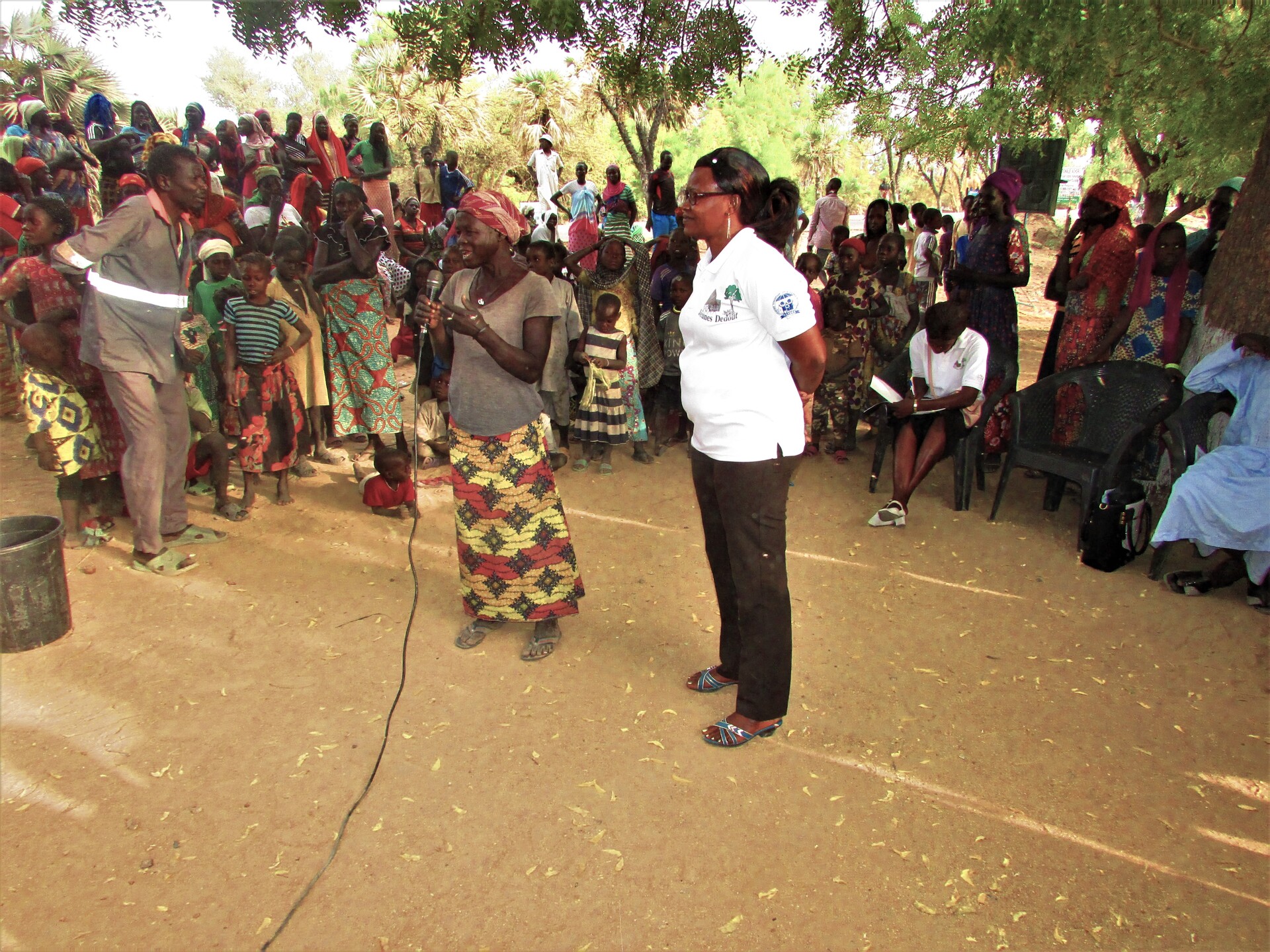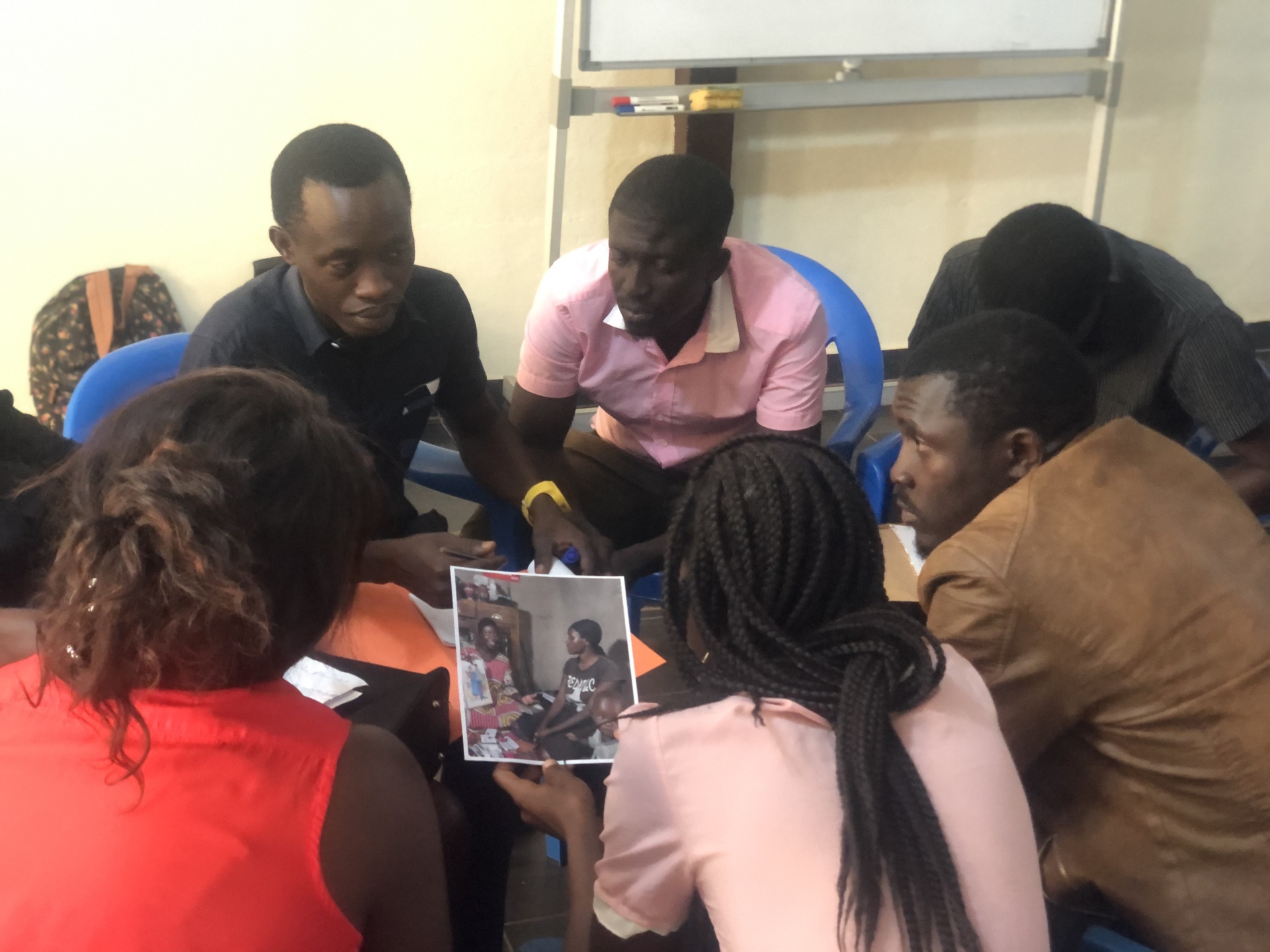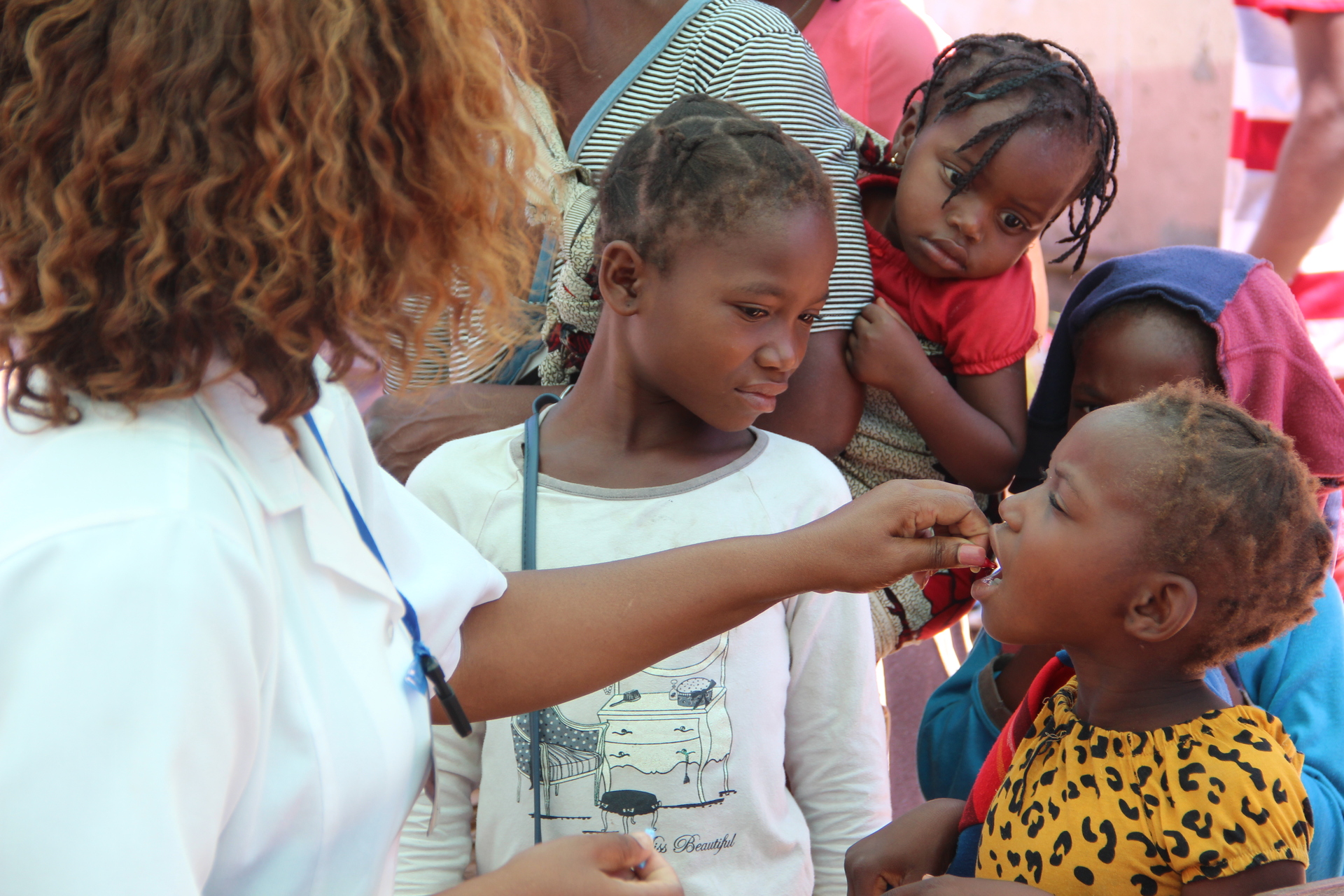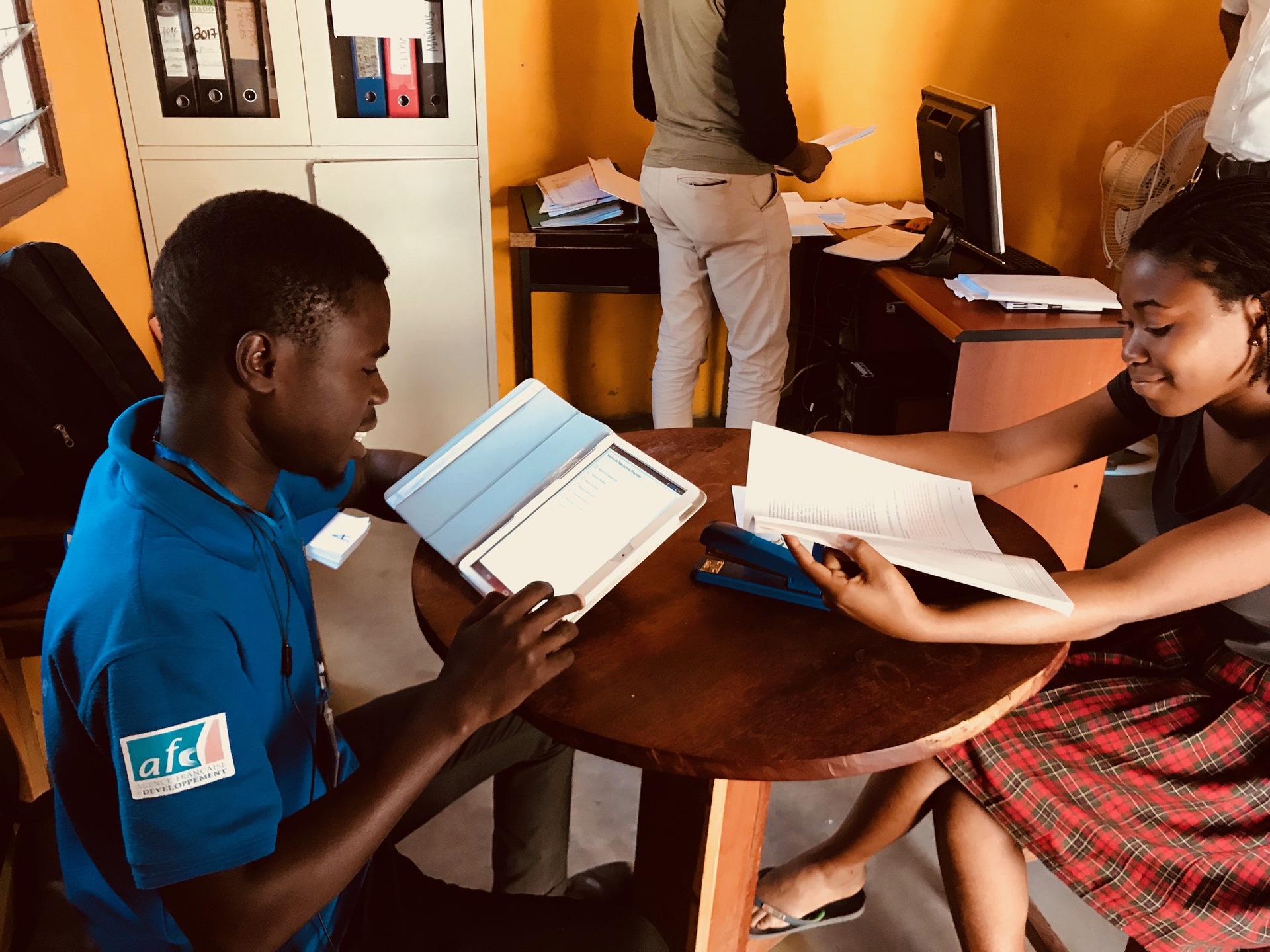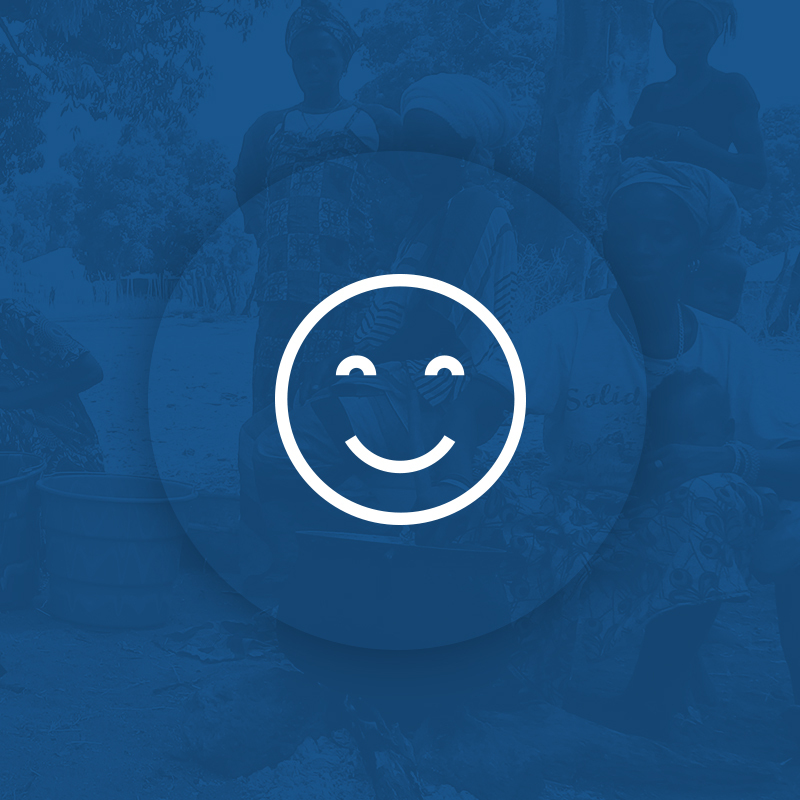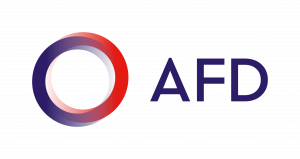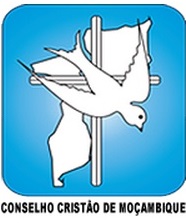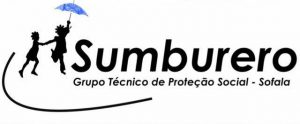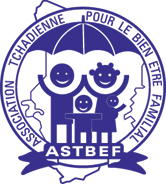

Improve the quality and accessibility of basic social services and strengthen the participation of citizens and associations.
Places of intervention
In Mozambique, 52% of children under the age of 5 are not registered within the civil registry.It’s 76% in Guinea-Bissau and 88% in Chad.
Access to essential services such as health, education, justice and civil identification does not meet the needs of the population. Depending on their situation, citizens may be isolated from the basic services they need to have dignified living conditions.
ESSOR is therefore setting up Information and Social and Professional Orientation Offices (BIOSPs // ISPOs) with local actors, which offer multidisciplinary welcome , ranging from support with administrative procedures, to orientation towards educational, health or training services, and provide a link with existing public and private actors.
Our engagements
Make social services accessible to the population within their neighbourhood
Strengthen the network of community-based associations and revitalise community life in the neighbourhoods
Communicate with local public authorities for a better care of the inhabitants of vulnerable neighbourhoods
The project in action
- Within the BIOSPs//ISPOs, welcoming, listening and directing inhabitants towards the appropriate social services
- Organise awareness-raising sessions in the community on various themes: citizenship, hygiene, health, gender, violence, etc
- Organise citizens' meetings to give inhabitants and local associations the opportunity to question public actors directly
- Train partner NGOs in social action, computerised data processing, etc
- Support local associations in the search for funding for small projects
- Create and disseminate social guides listing all existing public and private social services
The mobile BIOSP, in the heart of vulnerable neighbourhoods! The BIOSPs are located in vulnerable neighbourhoods, but the teams and the public authorities realised that many inhabitants could not get there. Therefore, mobile BIOSPs were created in order to relocate the services to the most remote areas. This is an equipped van that travels the roads and offers easy access to social services, organises awareness-raising sessions and consists of a resource library. The Social Orientation Animators then go directly to the inhabitants to help them solve their problems (birth certificates, identity papers, enrolment of children in school, etc.).

